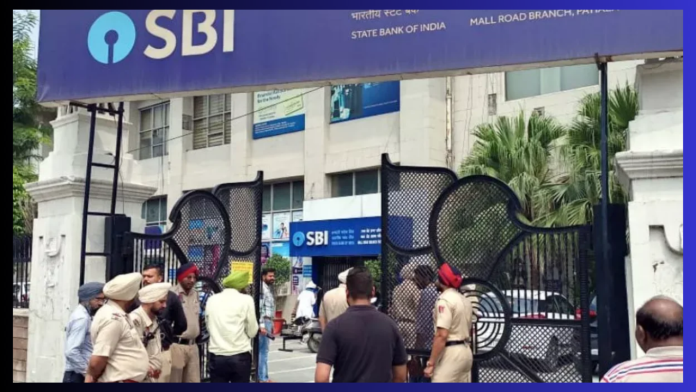Digital Banking Fraud: The country’s largest government bank has told its crores of customers how to avoid being a victim of fraud. These methods can prove to be of great use to you.
With the increasing use of digital banking, cases of banking fraud have also increased. Different types of fraud cases keep coming to the fore. In a recent case, criminals posing as bank officials duped a Nagpur man of about Rs 10 lakh. Such cases happen frequently. SBI has alerted its customers regarding this and has told about the ways to avoid being a victim of fraud.
10 lakh cheated in the latest case
First of all let us tell about the said incident. In that case, the thug made a call posing as a bank officer. He told the customer that he works to protect against banking fraud. While talking, he took the details of the debit card and bank account from the victim. After that the thugs took away Rs 9.66 lakh from the victim’s bank account.
This is how they make prey
This is not the first such case. These thugs, who target innocent people, keep fighting with different tactics. Sometimes they trap the customers in greed and sometimes they exploit their fear. There have been many such cases in which the victims shared the OTP out of greed. In many cases, people themselves gave information about their banking details.
SBI told the measures to work
In view of this, the country’s largest public sector bank SBI has warned the customers. Along with this, SBI has also told about some measures to protect yourself from banking fraud… Let us know how to protect yourself from online fraud:
- Direct visit to the bank’s website. Do not open the website on any other site or from the link in the email.
- To check the fraud or clone website, take a good look at the domain name and URL.
- Do not entertain any email asking for password or PIN. Give his information to the bank.
- Bank or police never ask you for banking or card details.
- Do not log in to your account from cyber cafes or shared PCs.
- Keep your PC and laptop updated. This will reduce the chances of virus attack.
- Disable File and Printing Share on your operating system.
- Log off the PC if you are not using it.
- Do not save login details of banking in the browser.
- Keep checking your banking account and transactions.

